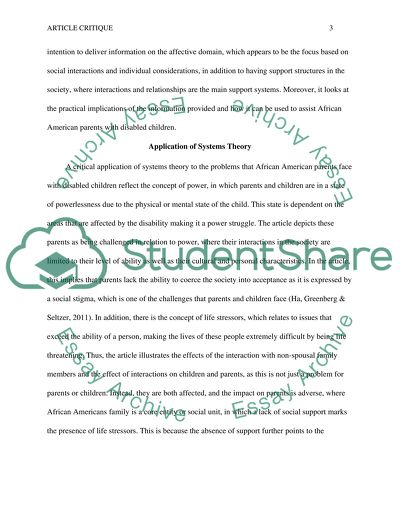Cite this document
(“Article Critique Ha, J., Greenberg, J.S., & Seltzer, M.M. (2011) Research Paper”, n.d.)
Retrieved from https://studentshare.org/psychology/1479678-article-critique-ha-j-greenberg-js-seltzer-mm
Retrieved from https://studentshare.org/psychology/1479678-article-critique-ha-j-greenberg-js-seltzer-mm
(Article Critique Ha, J., Greenberg, J.S., & Seltzer, M.M. (2011) Research Paper)
https://studentshare.org/psychology/1479678-article-critique-ha-j-greenberg-js-seltzer-mm.
https://studentshare.org/psychology/1479678-article-critique-ha-j-greenberg-js-seltzer-mm.
“Article Critique Ha, J., Greenberg, J.S., & Seltzer, M.M. (2011) Research Paper”, n.d. https://studentshare.org/psychology/1479678-article-critique-ha-j-greenberg-js-seltzer-mm.


